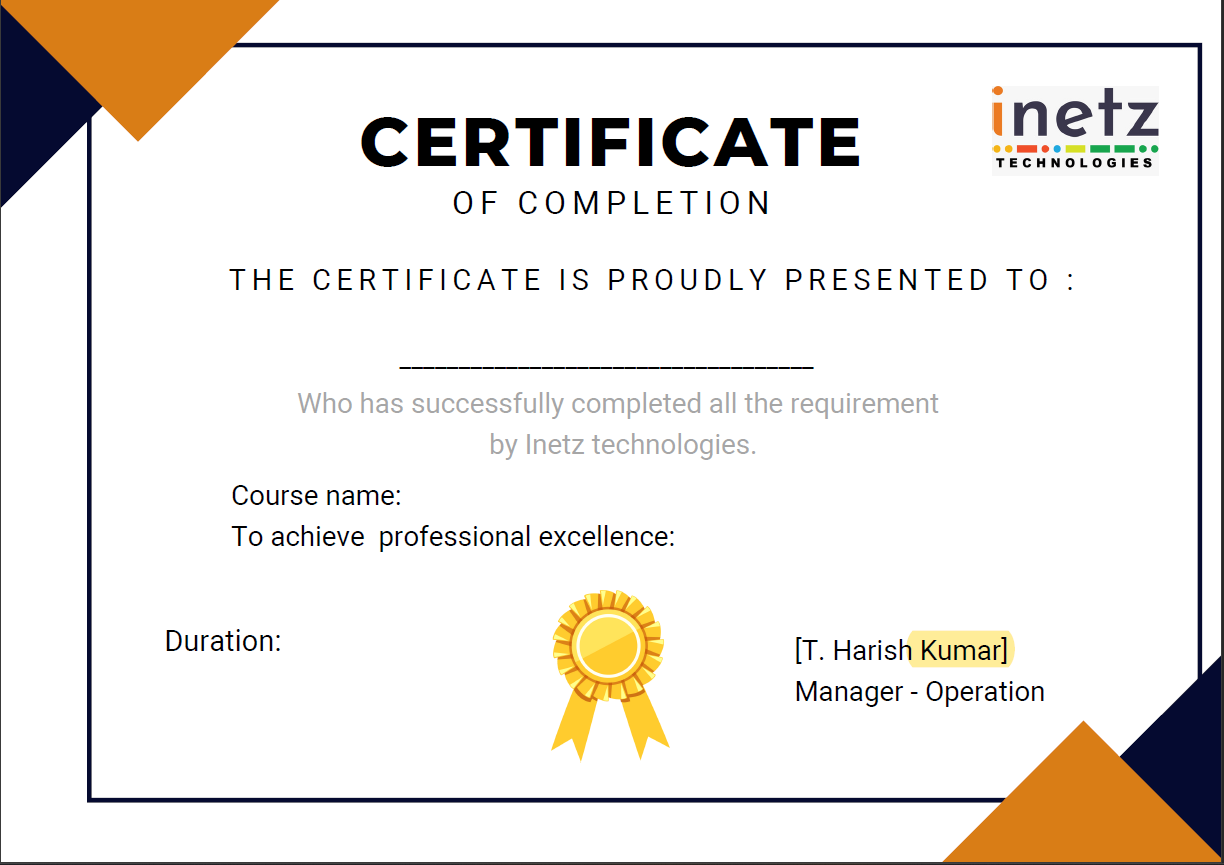MongoDB syllabus
Module 1: Introduction to MongoDB and NoSQL
- Overview of NoSQL databases
- Introduction to MongoDB
- Key differences between MongoDB and relational databases
- MongoDB use cases and applications
Module 2: MongoDB Installation and Configuration
- Installing MongoDB on different operating systems
- Configuration settings and options
- Securing MongoDB installations
- Managing MongoDB processes and logs
Module 3: MongoDB Data Modeling
- Understanding BSON and JSON formats
- Designing collections and documents
- Schema design best practices
Module 4: Querying and Indexing in MongoDB
- Basic CRUD operations
- Querying data with the find method
- Aggregation framework for complex queries
- MySQL Operators and Expressions
- Indexing strategies for performance optimization
Module 5: Advanced MongoDB Concepts
- Introduction to MongoDB Compass
- Working with GridFS for handling large files
- Text search and geospatial queries
- Full-text search with text indexes
Module 6: MongoDB Atlas and Cloud Deployment
- Introduction to MongoDB Atlas
- Creating and managing clusters in the cloud
- Cloud deployment best practices/li>
- Monitoring and scaling MongoDB Atlas clusters
Module 7: Replication and Sharding
- Understanding replication in MongoDB Configuring replica sets
- Introduction to sharding and its benefits
- Configuring and managing sharded clusters




